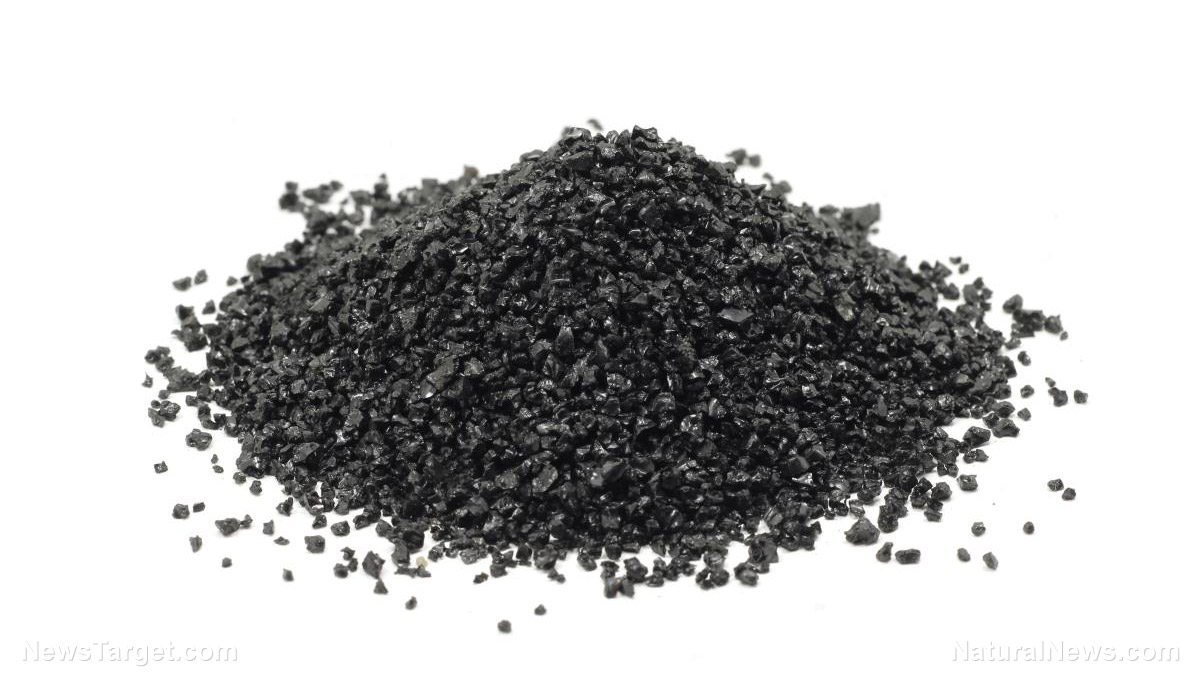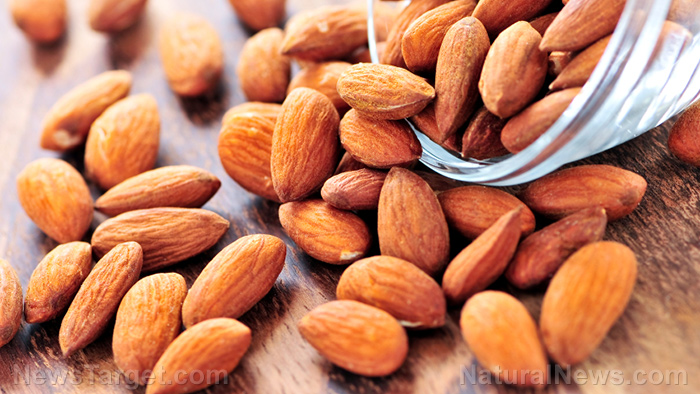Study finds nutrient-dense foods lower the risk of cardiometabolic diseases by providing a protective effect
02/07/2019 / By Jhoanna Robinson

New research that was published in the journal Current Developments in Nutrition shows that diets that contained ample amounts of plant-based foods result in a lower risk of cardiometabolic diseases.
The study noted that the intake of vegetables, legumes, whole grains, seeds, fruits, and nuts can have a “protective” effect for cardiometabolic diseases, which are metabolic dysfunctions characterized by impaired glucose tolerance, dyslipidemia, hypertension, central adiposity, and insulin resistance. The study focused on tackling the benefits that both plant-based foods and animal-based foods have on healthy dietary patterns, as the study seeks to provide a proper dietary recommendation to those wishing to eat healthier. (Related: 5 Plant-Based Foods to Help You Sleep.)
The health professionals who conducted the study stated that exclusively plant-based diets should be ingested so as to lower the risk of cardiometabolic disease, although epidemiological evidence suggests that “small quantities” of animal protein, including unprocessed lean meats, also increase the chances that a person might not acquire cardiometabolic disorders.
“It is likely that consumption of animal products, at recommended levels, in the context of a dietary pattern that meets recommendations for fruits, vegetables, whole grains, nuts, seeds, and legumes, and does not exceed recommendations for added sugar, sodium, and saturated fat may not increase cardiometabolic risk,” the scientists said.
For her part, Dr. Penny Kris-Etherton of Pennsylvania State University and the senior author of the study, noted: “Today, dietary guidance policies are moving away from nutrient-based recommendations and toward dietary pattern-based recommendations in many countries. Recommendations have shifted more toward dietary patterns emphasizing plant-based foods such as fruits, vegetables, legumes, whole grains, nuts, seeds, soy products, and vegetable oils based on the strong evidence for support of cardiometabolic health that surrounds these sources.”
The health departments of various governments are currently promoting obtaining more protein from plant-based sources. However, adherence to this suggestion is “sub-optimal”.
“The evidence presented in this paper reminds us that rather than engaging in debates about whether diets should be exclusively plant-based or include animal, the focus should be consumption of foods in recommended amounts to support cardiometabolic disease prevention,” said Dr. Michael Flock of the Clinical & Translational Science Institute at the University of Pittsburgh.
Other studies that corroborate featured findings
A recent study revealed higher plant protein ingestion was linked to a lower risk of mortality due to succumbing to other diseases and also mortality due to cardiovascular disease. Specifically, a three percent increase in plant protein is linked to a 10 percent reduction in all-cause mortality and a 12 percent lower risk of cardiovascular disease mortality. At the same time, a 10 percent increase in animal protein was linked to an eight percent increase in the risk of cardiovascular disease mortality and a non-significant two percent increase in the risk of all-cause mortality.
More analysis showed that greater animal protein intake raised the risk of cardiovascular disease mortality only in people who smoked (one pack a day for five years), who consumed great amounts of alcohol (14 g/d in women and 28 g/d in men), and who had less than 150 minutes of physical activity per week.
In a study conducted by health professionals in the United States, substituting three percent of energy from animal protein sources, such as unprocessed red meat, poultry, fish, eggs, and dairy with plant protein was linked to a six to 19 percent reduction in the risk of all-cause mortality. Greater animal protein consumption had also been linked to greater risk of Type 2 diabetes rises by 15 percent. The intake of plant protein was not linked to the development of Type 2 diabetes after adjusting for standard risk factors and intake of energy, fiber, and saturated fat, monosaturated fat, polyunsaturated fat, transfat, and animal protein.
For more stories on nutritional benefits of healthy foods to the body, visit Nutrients.news.
Sources include:
Tagged Under: cardiometabolic health, diet, dietary patterns, fruits and vegetables, legumes, prevention, whole grains


















